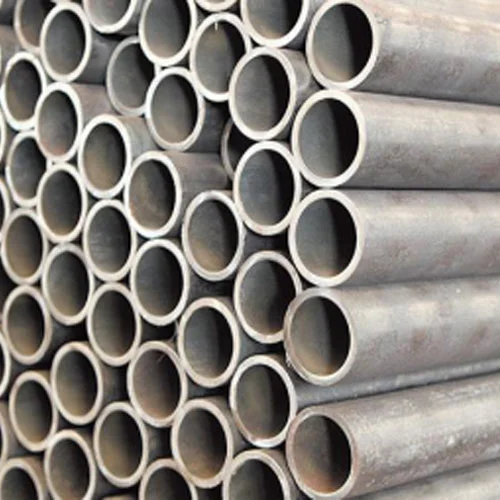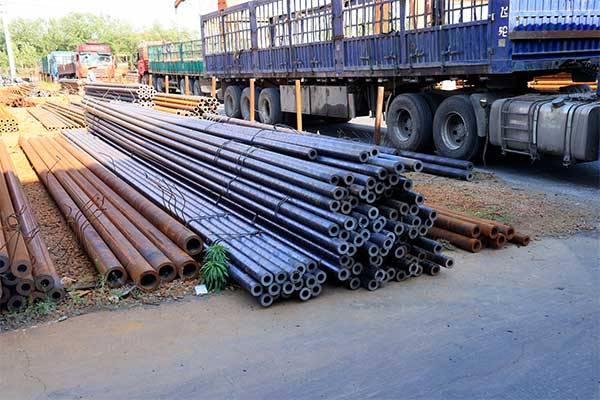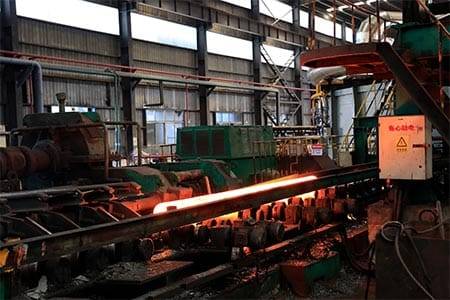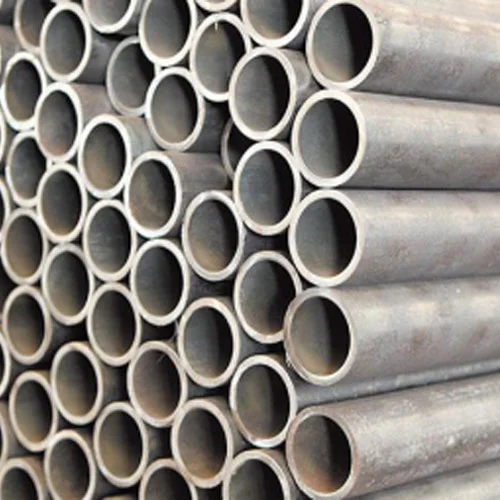Welcome to My Blog!
Before we dive into the content, I’d love for you to join me on my social media platforms where I share more insights, engage with the community, and post updates. Here’s how you can connect with me:
Facebook:https://www.facebook.com/profile.php?id=61559060896490
Now, let’s get started on our journey together. I hope you find the content here insightful, engaging, and valuable.
Table of Contents
Introduction
Selecting the right steel & pipe for your project is crucial to ensuring durability, efficiency, and cost-effectiveness. Whether for construction, manufacturing, or industrial applications, the quality and specifications of steel & pipe can significantly impact performance. With numerous options available, understanding the key selection criteria helps in making an informed decision. This article explores eight essential factors that will guide you in choosing the best steel pipe for your needs.
Understanding the Types of Steel Pipe
Carbon Steel &Pipe
Carbon steel is widely used due to its strength and affordability. It is ideal for construction, pipelines, and machinery manufacturing. The higher the carbon content, the stronger but less ductile the steel becomes.
Stainless Steel & Pipe
Stainless steel is known for its corrosion resistance, making it perfect for applications exposed to moisture, chemicals, or extreme weather. It is commonly used in the food, medical, and chemical industries.
Alloy Steel & Pipe
Alloy steel contains additional elements such as chromium, molybdenum, or nickel, enhancing its hardness, toughness, and wear resistance. It is often used in high-performance engineering applications.
Galvanized Steel & Pipe
Galvanized steel is coated with a layer of zinc to prevent rust and corrosion. It is frequently used in water supply lines, fencing, and outdoor structures.
Key Factors in Choosing the Right Steel & Pipe
Strength and Durability of Steel & Pipe
The strength of steel & pipe is one of the most important factors to consider. Depending on the application, you may require high-tensile strength to withstand heavy loads and pressure. Industries such as construction and oil drilling demand steel pipe with excellent durability to ensure long-term performance.
Corrosion Resistance for Long-Term Reliability
Corrosion is a major concern, especially in environments with moisture, chemicals, or extreme temperatures. Stainless steel or galvanized steel & pipe offers enhanced corrosion resistance, making them suitable for harsh environments. Choosing the right material reduces maintenance costs and extends the lifespan of the pipes.
Size and Thickness Based on Application Needs
The dimensions of steel pipe affect their functionality. For heavy-duty projects, thicker walls provide better pressure resistance. Meanwhile, smaller pipes are preferable for residential plumbing or lightweight structures. Ensuring that the dimensions align with the intended use is crucial.
Temperature and Pressure Ratings for Safety
Different types of steel pipe are designed to withstand varying temperatures and pressure levels. High-temperature applications, such as boiler systems, require materials that can endure heat without deforming. Similarly, pipelines transporting gases or liquids must be pressure-rated to prevent leaks and ruptures.
Comparing the Common Applications of Steel & Pipe
The table below outlines the different uses of steel pipe based on their properties and strengths.
| Type of Steel & Pipe | Common Applications | Advantages |
|---|---|---|
| Carbon Steel | Structural frameworks, pipelines, automotive parts | High strength, cost-effective |
| Stainless Steel | Medical equipment, food processing, marine structures | Corrosion-resistant, hygienic |
| Alloy Steel | Aerospace, heavy machinery, power plants | Superior hardness and durability |
| Galvanized Steel | Outdoor construction, fencing, water pipes | Rust-resistant, long lifespan |
Understanding these applications helps in selecting the appropriate steel pipe for specific project requirements.
Additional Considerations When Buying Steel & Pipe
Cost-Effectiveness and Budget Planning
Budget plays a significant role in choosing steel & pipe. While stainless steel and alloy steel are premium options, carbon steel and galvanized steel provide cost-effective alternatives without compromising too much on quality. Evaluating long-term benefits versus initial investment ensures a wise purchase.
Welding and Fabrication Compatibility
Not all steel pipe types are equally weldable. Some require special welding techniques to maintain strength and structural integrity. Ensuring compatibility with your welding process saves time and reduces potential defects in construction or manufacturing.
Environmental Impact and Sustainability
As sustainability becomes a priority, many industries are shifting towards recyclable and eco-friendly steel pipe. Choosing materials with lower carbon footprints and efficient recycling options contributes to environmental responsibility.
Conclusion
Choosing the right steel & pipe is essential for the success and longevity of any project. By considering factors such as strength, corrosion resistance, size, temperature ratings, and cost, you can make an informed decision that meets your specific needs. If you’re ready to purchase high-quality steel & pipe, explore trusted suppliers today to find the best options for your application.
What is the best type of steel & pipe for construction?
Carbon steel is commonly used for construction due to its high strength and affordability. However, stainless steel may be preferable for structures exposed to moisture or chemicals.
How do I determine the correct thickness for steel pipe?
The thickness depends on the application and required load-bearing capacity. Heavier loads and high-pressure systems require thicker pipes for durability.
Is galvanized steel pipe suitable for plumbing?
Yes, galvanized steel pipes are often used in plumbing due to their rust resistance. However, they are gradually being replaced by newer materials like PVC and PEX.
What makes stainless steel pipe corrosion-resistant?
Stainless steel contains chromium, which forms a protective oxide layer that prevents rust and corrosion, making it ideal for harsh environments.
Where can I buy high-quality steel pipe?
Many reputable suppliers offer steel pipe in different grades and specifications. Always choose a supplier with certifications and a proven track record of quality.




